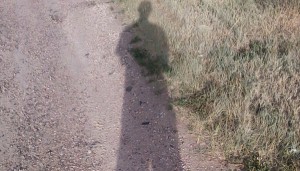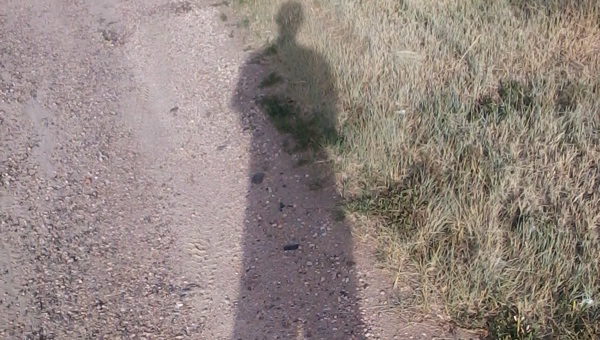News flash: A guy who started something called “Everyday Epics” likes good stories.
Yep, that’s me. I like books and the ideas I encounter when I read them. I spend a lot of time (some might say too much time) mining the books I read for thoughts, ideas, quotes and other nuggets of insight, even ones with which I mostly disagree. As more of a generalist than a specialist in any one issue, I’m admittedly “a mile wide and an inch deep” in my understanding of most things, but what I like most is when ideas I come across start to connect to, mirror, complement and facilitate each other. That said, the genres I gravitate toward most often are history, theology, philosophy, and anything related to past or current “needs.” I also read a lot of fiction, because for me, certain connections can only be made when an author or authors invite me to enter another time, place or world.

All that to preface this: I thought it might be fun to add a more blog-like feature to this site, where I share online what I’m reading and what I think about it. (I’ll call it “Shadows and dust” until I can think of something better.) I’ll also include my thoughts on the TV shows, movies and documentaries I watch, and on pretty much whatever I think is relevant, in the hopes that something I come across or write might prove helpful or thought-provoking for others.
Here’s what I’ve read lately:
- Wikinomics: How Mass Collaboration Changes Everything by Don Tapscott & Anthony D. Williams — Highlights a bunch of useful examples of open source collaboration that relate to my work on the development of the “Social Good Network Tool” described on the Projects page. Some examples includeCalifornia Open Source Textbook Project, the Katrina PeopleFinder Project, Neighborhood Knowledge California and theScorecard project on pollution.
- Blessed Unrest: How the Largest Movement in the World Came Into Being and Why No One Saw it Coming by Paul Hawken — Social movements really interest me, going all the way back to the early 2000s when a friend and I discovered their ability to enrich the philosophical discussions taking place within our religious organization. This book lumps together a bunch of efforts in support of environmental and social justice, and while it made some interesting points, I didn’t finish it.
- Original Blessing: A Primer in Creation Spirituality Presented in Four Paths, Twenty-Six Themes and Two Questions by Matthew Fox — The author of this one is pretty much a lightning-rod figure. He uses some different language than people like me who grew up in the “church” are used to, but has some ideas worth consideration, in particular his affirmation of “creation,” creativity and community.
- The Real Jesus: The Misguided Quest for the Historical Jesus and the Truth of the Traditional Gospels by Luke Timothy Johnson — This New Testament scholar and historian of early Christianity weighs in on the merits of the (third) “Quest for the Historical Jesus.” Clearly, he is a critic of the Quest’s historical criticism (irony intended), and he’s not a big fan of the media, either. The focus of the Quest, he says, should ultimately shift from an obsession with the Jesus of history to a response to a living Person in the present. History, he says, can only get us so far and reveal so much about anyone, and the question we really need to be asking relates to the connection between history and faith.
- Making Housing Happen: Faith-based Affordable Models edited by Jill Suzanne Shook — This is an overview of affordable housing strategies used by people of faith in many different parts of the United States. As a layperson interested in seeing my own community move forward in addressing affordable housing issues, it felt like a good primer. The message of the book in a sentence: It can happen, but it will take time and it will be really hard.
There are a few more, but I just realized this post is already kind of long. So I’ll save the others for later. Have you read any of the above books? If so, what did you think?


